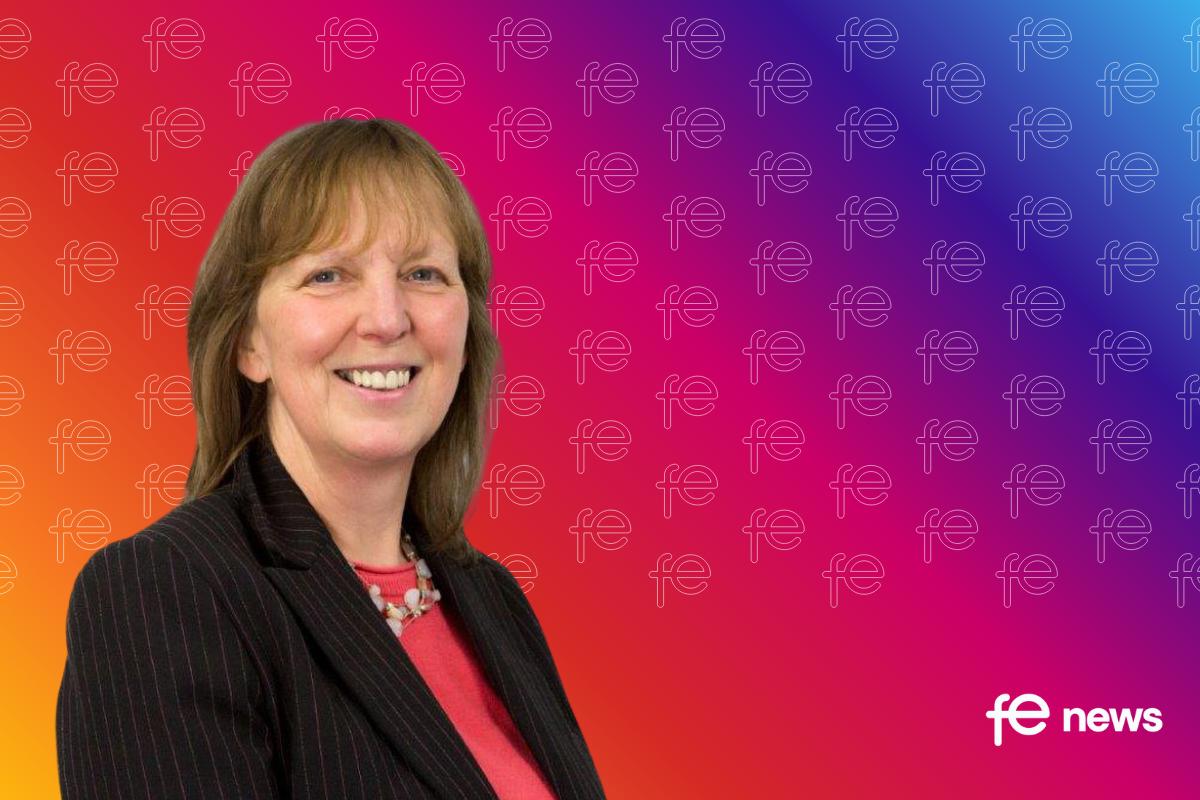Number of young people in further education experiencing mental health difficulties continues to rise

The Education Policy Institute @EduPolicyInst has published its Annual Report on access to child and adolescent mental health services (CAMHS), “Access to child and adolescent mental health services in 2019“.
The study examines access to specialist services, waiting times for treatment, and provision for the most vulnerable children in England.
The research is based on new data obtained using freedom of information (FOI) requests to mental health providers and local authorities over the course of a year. This data is not published by the NHS.
The majority of lifelong mental health problems develop early on, during childhood or adolescence. The wider economic costs of mental ill health in England are vast, estimated at £105bn each year.
Access to mental health services for children and young people
- Over a quarter (26%) of referrals to specialist children’s mental health services were rejected in 2018-2019. This amounts to approximately 133,000 children and young people.
- Rejection rates have not improved over the last four years, despite an extra £1.4bn committed from 2015-16 to 2020-21.
- There is considerable regional variation in England. On average, providers in London rejected 17% of referrals, compared to 28% in the South, the Midlands and the East, and 22% in the North.
- The most common reason given by providers for rejections included children’s conditions not being suitable for treatment, or because conditions did not meet eligibility criteria.
Waiting times for mental health treatment
- While nationally, the average median waiting time to begin treatment has fallen by 11 days since 2015, children still waited an average of two months (56 days) to begin treatment in 2019 – double the government’s four-week target. The government is unlikely to meet its target of four weeks by 2022-23.
- The longest median waiting times to receive treatment were in London (65 days) and the shortest in the Midlands and East of England (49 days). This is likely related to the high number of referrals accepted for treatment in London.
- Beyond regional averages, there are great disparities across local CAMHS providers, with many children facing unacceptably long waiting times. Median waiting times for treatment across mental health providers varied from just 1 day to 6 months (182 days).
Providers in England with the longest median waiting times for mental health treatment
- West London Mental Health Trust – 182 days
- South Tyneside and Sunderland – 129 days
- Alder Hey – 124 days
- Leeds Community Healthcare – 117 days
- Northumberland, Tyne and Wear – 116 days
- Birmingham Women’s and Children’s Hospital – 112 days
- Sussex Partnership – 100 days
- East London – 90 days
- Birmingham and Solihull – 87 days
- Cambridgeshire and Peterborough – 82 days
Mental health support for young people most in need
- Local commissioners and providers of mental health support services often fail to engage with the most vulnerable children and families. Local provision is patchy and lacks accountability, being dispersed across several organisations. Support for children with less acute, common mental health conditions, such as conduct disorders, as well as those in social care, is insufficient.
- There is also a lack of support among LAs for those transitioning from child to adult mental health services. FOI responses show that only a minority of LAs have specific services dedicated to supporting this important transition.
- Government plans to boost the provision of mental health support in schools are a positive step for intervening in mental health problems earlier on, and supporting some of the most vulnerable children. However, they will not be rolled out nationally until 2022-23, and there is likely to be wide geographic variation in how they operate.
All mental health providers should be required to report regularly on their services
- There are multiple flaws in the current system for reporting and disclosing basic data on CAMHS in England, raising serious questions about transparency and accountability.
- Providers continue to give inadequate information on access to treatment, obscuring our understanding of the state of services and ability to monitor progress.
- A universal system for reporting data on access to CAMHS, including a clear definition of children who are eligible for treatment, is urgently required. Failure to introduce stronger accountability measures may hinder the government’s plans to improve services.
Sector Response
Chief Executive, David Hughes said:
“Today’s findings from EPI reflect concerns we hear regularly from colleges as numbers of young people in further education experiencing mental health difficulties continues to rise. Colleges face an acute and particular challenge as students who are 16 and 17 find themselves caught between children, adolescent and adult services.
As vulnerable young people are rejected or bounced from one service to another, colleges do their best and work extremely hard to provide inhouse support to meet their needs. However, only a joined up, coordinated and flexible mental health care system can begin to alleviate the pressure felt by many institutions. AoC are committed to working with government and the NHS to implement Mental Health Support Teams across the country and ensure adequate services are developed that meet the needs of all students who require them.”
Dr Mary Bousted, Joint General Secretary of the National Education Union, said:
“The EPI report makes for alarming reading and chimes with the concerns raised by our members. Schools across England are witnessing the impact of children and young people not able to access the specialist mental health support they need, when they need it. The reality is that schools are picking up the pieces of a system that is failing so many children and young people.
“Teachers talk about the impact this has on their own mental health and wellbeing: ‘I spend most lunchtimes and 40% of my time nurturing children experiencing a range of mental health issues. I get no support from the head and nobody to offload to. I am currently working with 15 children who have been bereaved, have anxiety, have PTSD or a parent with a terminal / life threatening illness.’
“Cuts to schools have also drastically impacted on the support they can provide with our member surveys consistently highlighting cuts to pastoral support teams, including councillors and school nurses.
“We need to take a long hard look at the way we support children and young people’s mental health and address the chronic underfunding of public services that has contributed to this mental health crisis.”











Responses